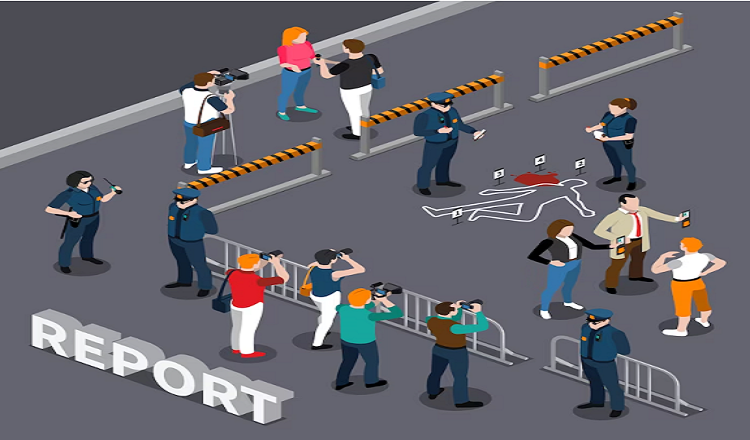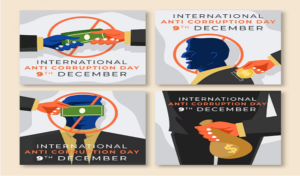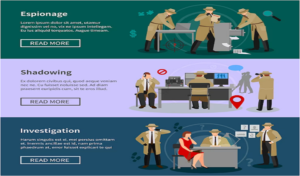The effect of counter-terrorism measures on civil liberties

In the last few decades, countries all over the world have put a lot of effort into fighting terrorism. In reaction to the growing threat of terrorism around the world, many countries have taken steps to stop more attacks. Even though these steps are meant to protect society, they often hurt people’s rights. This article looks at how counter-terrorism measures affect civil rights and what civil liberties advocates have to say about it.
How to Understand Measures to Stop Terrorism
Counter-terrorism measures are the policies, laws, and processes that governments use to stop terrorist activities from happening. Some of these methods are surveillance, gathering information, controlling the borders, and enforcing the law. Governments use these steps to find and keep an eye on people who might be attackers and threaten national security.
Surveillance
Surveillance is one of the most important things that governments do to stop terrorist actions. Surveillance is keeping an eye on people, groups, and actions. This can be done in many ways, such as by wiretapping, reading emails, and watching CCTV.
Getting information
On the other hand, gathering intelligence means getting information about what possible attackers are doing and what they plan to do. This could mean keeping an eye on what people do online, keeping track of cash transactions, or using informants to gather information.
Border Controls
Terrorists can’t get into a country, so there are checks at the borders. Some of these steps are putting limits on visas, checking passports, and making sure that everyone entering or leaving the country goes through a security check.
Keeping the law
Law enforcement is also a key part of steps to stop terrorism. Law enforcement uses a variety of ways to catch and prosecute terrorists and people who are suspected of being terrorists.
How anti-terrorist measures affect civil liberties
There has been a lot of debate about how to deal with terrorists. Critics say that counter-terrorism measures can hurt civil rights and democracy’s most important ideas, like freedom of speech, privacy, and due process.
A breach of privacy
Surveillance and gathering information can be invasive of privacy when used to fight terrorists. For example, it is against a person’s right to privacy to listen in on their phone calls or read their texts without their permission. This can make people afraid to speak out against government policies or disagree with politics, which can chill free speech and expression.
Profiling based on race and religion
Counter-terrorism tactics can also lead to profiling based on race or religion, which can lead to the wrong people being picked on. Governments often look at people based on their race or religion instead of how they act or what they do. This can lead to bullying, being harassed, and even being locked up wrongly.
Speech isn’t as free as it could be
Some ways to stop terrorists can make it harder to speak and write freely. For example, putting limits on social media or watching political groups can make it hard for people to say what they think or get involved in politics.
Not Getting Due Process
People can also lose their rights to due process when counter-terrorism tactics are used. For example, the right to a fair trial and due process is violated when someone is locked up indefinitely without a hearing or access to a lawyer.
Concerns About Civil Liberties
Concerns have been made by groups that care about civil liberties about how counter-terrorism measures might hurt civil liberties. They say that some of these measures go too far and hurt basic democratic ideals.
Concerns of the American Civil Liberties Union (ACLU)
The American Civil rights Union (ACLU) has been at the forefront of the fight against counter-terrorism measures that hurt civil rights. The group says that the government’s overuse of surveillance and intelligence gathering hurts people’s personal rights and goes against the US Constitution’s First and Fourth Amendments.
Human Rights Watch Is Worried About
Human Rights Watch has also been worried about how counter-terrorism steps might hurt civil liberties. The group says that these measures can lead to profiling based on race or religion, unfair treatment, and false detention.
Concerns of the United Nations
Concerns have also been raised by the United Nations about how anti-terrorism tactics affect human rights and civil liberties. The UN says that these steps could lead to violations of human rights and hurt important democratic ideals.
Concerns of the European Union
Concerns have also been made by the European Union about how counter-terrorism measures might hurt civil liberties. The EU says that these steps can hurt privacy, free speech, and the right to a fair trial.
Conclusion
Counter-terrorism steps can be very important for stopping terrorist acts and keeping the country safe. But these steps can also hurt human liberties and democratic principles. It is important for governments to find a balance between keeping the country safe and protecting people’s rights. Civil liberties groups are an important part of making sure that anti-terrorism measures don’t violate people’s rights and freedoms.
Read More You May Like:








